Reparations and racial justice: Where do the 2024 presidential candidates stand?
Washington DC - With the 2024 election drawing near, public attention is turning to the candidates' positions on reparations for the ongoing harms of chattel enslavement, Jim Crow apartheid, and present-day racial discrimination.
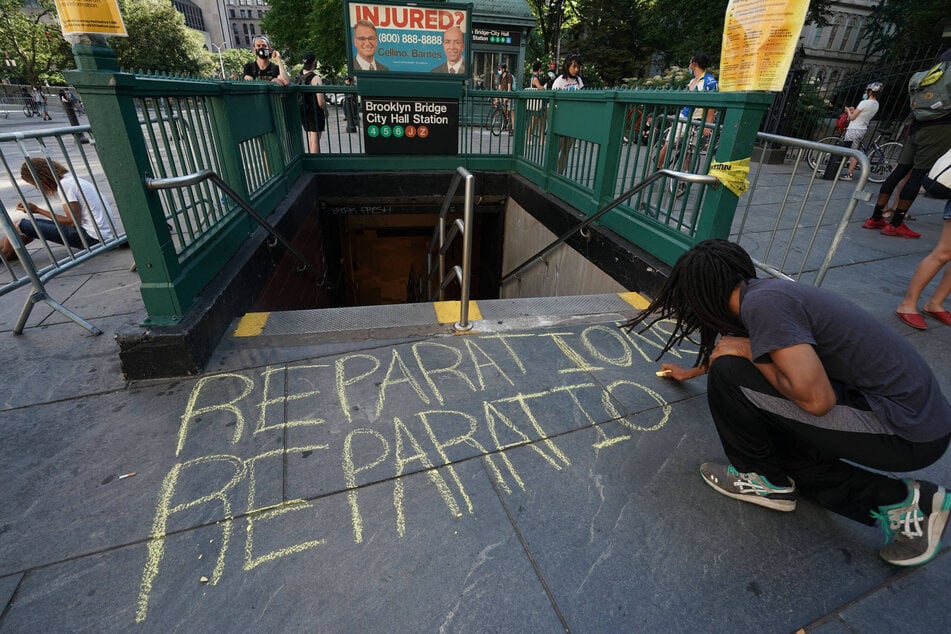
The right to remedy for gross human rights violations is anchored in international law. According to the United Nations, reparations include measures for restitution, compensation, rehabilitation, satisfaction, and guarantees of non-repetition.
The US has long faced calls to uphold its human rights obligations to Black Americans through reparative justice. After the May 2020 police murder of George Floyd, HR 40, the Commission to Study and Develop Reparation Proposals for African Americans Act, gained record support in Congress, but it was never brought to a full House vote.
Since that time, reparations task forces have formed in cities and states across America, even as action on the federal level remains stalled. Meanwhile, significant Black-white racial disparities in wealth, income, education, employment, housing, health, and environmental conditions, as well as in the legal punishment system, continue to go largely unaddressed.
The president does not need congressional approval to establish a reparations commission. Whoever next takes the White House would have the power to act on Day 1 in office.
As the November election approaches, here is where the 2024 presidential candidates stand on reparations and racial justice.
Looking for more 2024 election coverage? Compare what the candidates have to say about other key issues:
Kamala Harris – Democratic Party
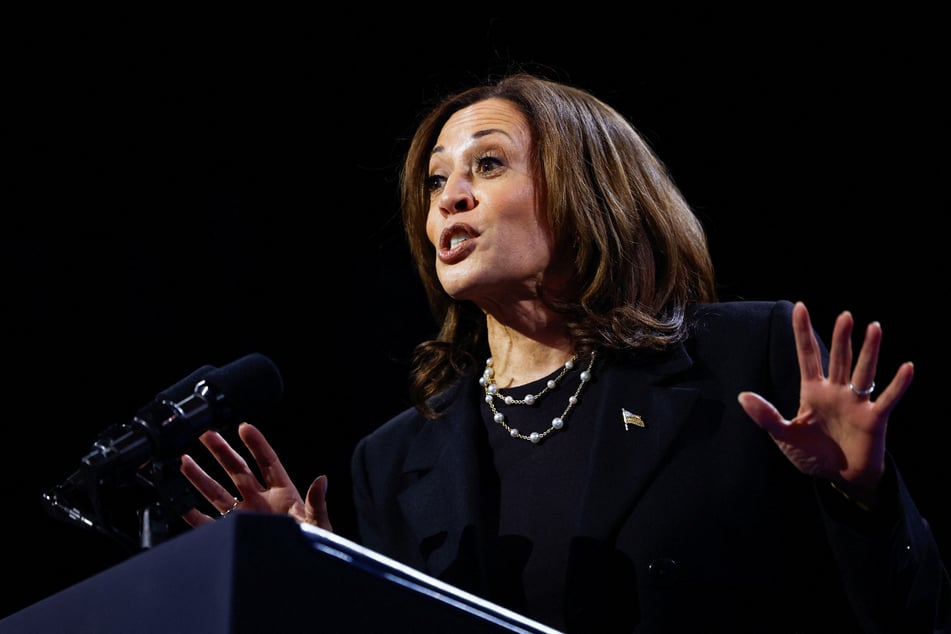
President Joe Biden and his running mate, Kamala Harris, expressed support for a federal reparations study while on the campaign trail back in 2020. They have yet to follow through since elected, despite repeated calls from lawmakers and grassroots activists.
Harris was a co-sponsor of S 40, Senate companion bill to HR 40, while in Congress. Since accepting the 2024 Democratic nomination, she has declined to say whether she will create a federal reparations commission by executive order.
In an interview last month, the vice president suggested action on reparations should be a matter for Congress rather than the executive branch. In a recent town hall with radio host Charlamagne Tha God, she said reparations "has to be studied" – but did not lay out her plan if elected in November.
Earlier this month, the Harris-Walz campaign released an Opportunity Agenda for Black Men promising to provide forgivable loans of up to $20,000 for Black entrepreneurs and others, legalize cannabis, support a regulatory framework for cryptocurrency, launch a national health equity initiative to tackle medical issues that disproportionately affect Black Americans, and more. Neither the policy plan nor her campaign website makes any mention of reparations, policing reform, or mass incarceration.
Harris has described addressing the US' Black maternal mortality and morbidity crisis as one of her top priorities if elected president.
Donald Trump – Republican Party
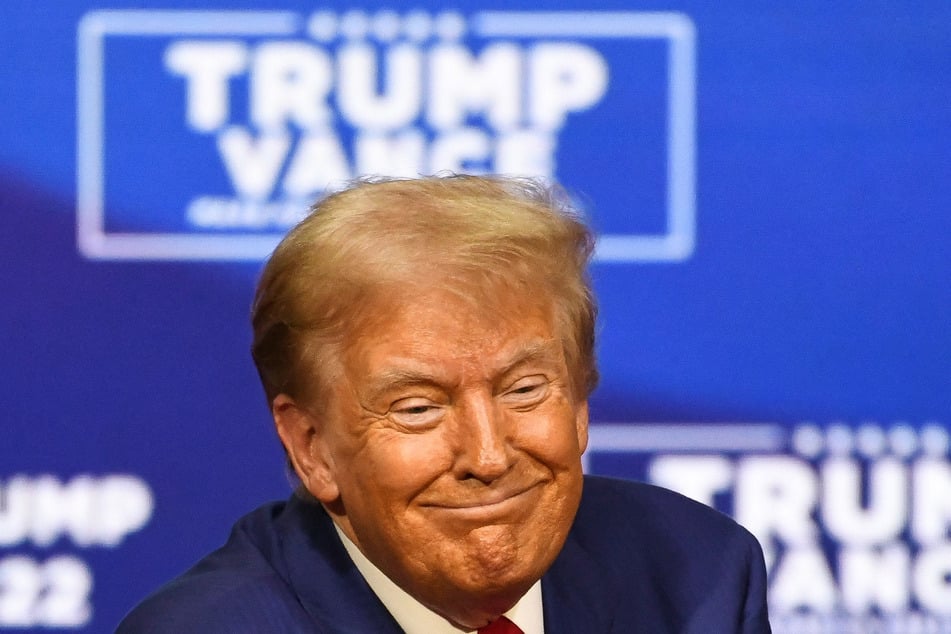
Republican presidential nominee Donald Trump has a long history of anti-Black racism, including calling for the execution of the exonerated Central Park Five back in 1989. He is currently facing a lawsuit from the five men over "false and defamatory statements" he repeated during last month's presidential debate with Harris.
When asked about reparations for the crimes of enslavement, Trump told The Hill in 2019, "I don’t see it happening."
The former president's 2024 campaign has also appeared to reject the possibility of reparations. After Harris said reparations "has to be studied" in a Detroit town hall, the Trump-Vance campaign called the vice president a "radical liberal" and linked to an NBC News article saying that a federal reparations program could entail a US government investment of $10-12 trillion.
The prospect of a second Trump presidency has raised fears of increased predatory policing and mass incarceration, racist practices which disproportionately impact Black Americans. On the 2024 campaign trail, he has promised to give police immunity against prosecution and to expand use of the death penalty if reelected to the White House.
Trump's core promises on his campaign website include cutting federal funding for any school teaching what he and other rightwing actors call "critical race theory," a stand-in phrase for Black history and representation in education. He also wants to eliminate public and private diversity, equity, and inclusion (DEI) policies.
Jill Stein – Green Party
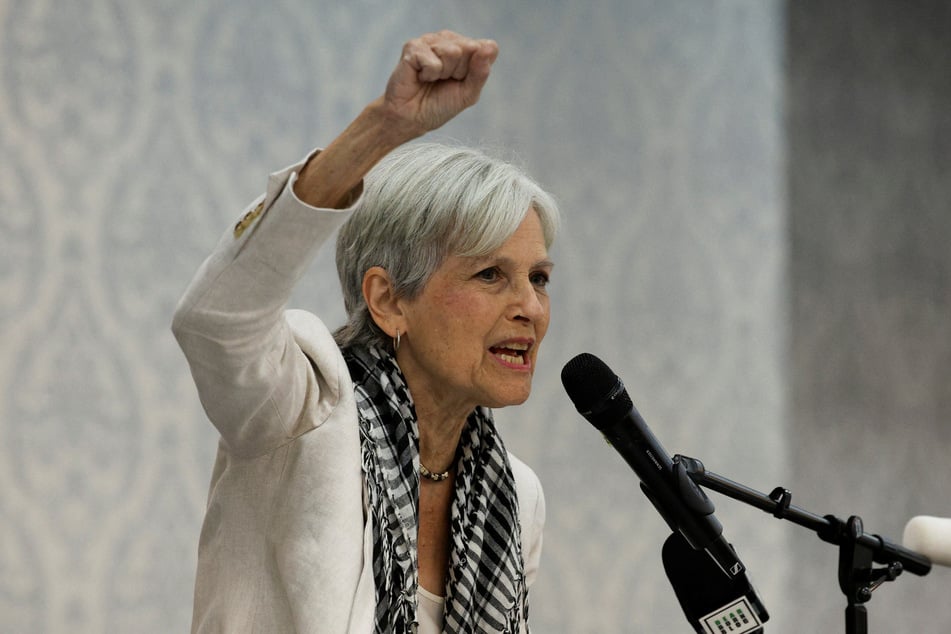
Green Party presidential nominee Dr. Jill Stein centers reparations for descendants of enslaved Africans – including cash payments – in her plan for Black liberation.
Stein's platform states that "no further debate is needed" on whether reparations are owed to Black Americans. If elected, she says she will confer with Black leaders to determine the parameters, logistics, and eligibility requirements for reparations payments.
The Green Party nominee's policy plan also calls for compensation for redlining and major investments in historically Black colleges and universities, Black-owned businesses, food accessibility, clean water, housing programs, and more.
Stein wants to create a National Office for Civilian Oversight Committees to address racism in law enforcement as well as institute a moratorium on all proposed cop cities.
She supports the implementation of the Movement for Black Lives' Black Climate Mandate, the Justice for Cancer Alley Act, and the Justice for Black Farmers Act.
Claudia De la Cruz – Party for Socialism and Liberation

Party for Socialism and Liberation presidential candidate Claudia De la Cruz supports a federal reparations initiative for Black Americans to address the ongoing legacy of enslavement and racial discrimination.
The Vote Socialist campaign's plan to seize the 100 top US corporations and to cut US military spending would be used to help finance direct reparations payments as well as massive investments in infrastructure, education, and social services.
"We have the capitalist system that we currently have because slavery and colonialism were the down payment for the capitalist system," De la Cruz told TAG24 NEWS in an exclusive interview in September 2023.
"For us, the question of reparations is at the center of our work," she added.
De la Cruz also calls for the expansion of affirmative action programs, accountability for killer cops, and educational programs that instruct children on the US' legacy of white supremacy. She calls for sweeping changes to the health care system to address medical debt and disparities, including the Black maternal mortality and morbidity crisis.
Cornel West – Independent
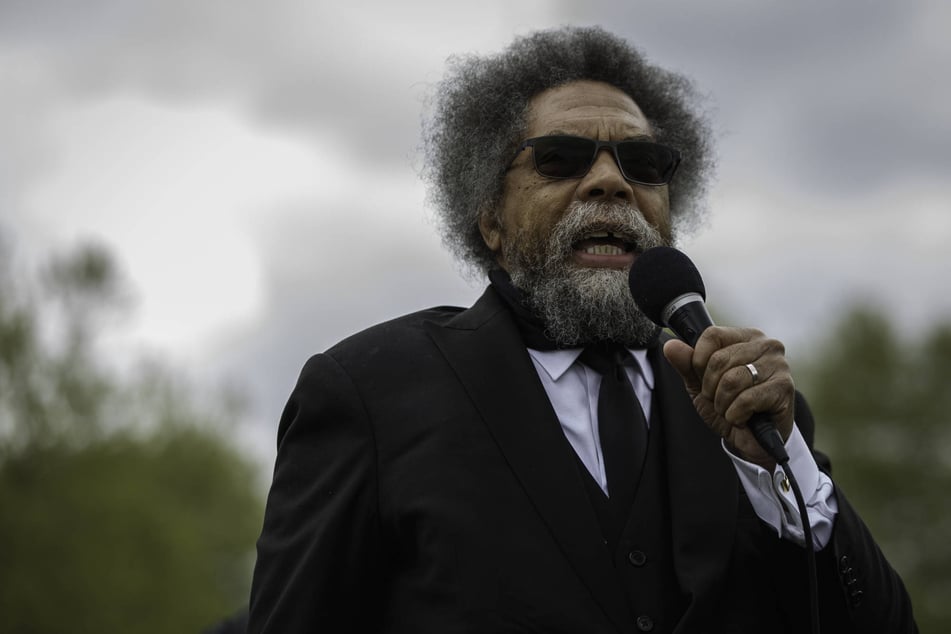
Independent presidential candidate Dr. Cornel West and his running mate, Black Lives Matter organizer and academic Dr. Melina Abdullah, have made reparations for Black Americans a cornerstone of their 2024 campaign. Their platform calls for an expedited process to provide redress for the harms of enslavement and Jim Crow apartheid, to be enacted within two years of taking office.
West and Abdullah joined reparations activists last May in launching a boycott of banks, insurers, companies, and other institutions that profited off enslavement.
The activist academics also support ending mass incarceration and the disenfranchisement of people currently and formerly behind bars. Their campaign prioritizes justice in policing through enhanced public review commissions and other community oversight mechanisms.
West wants to pass the Justice for Black Farmers Act to address decades of discrimination in agriculture and eradicate racial disparities in health care which are driving the US' Black maternal mortality and morbidity crisis.
Chase Oliver – Libertarian Party
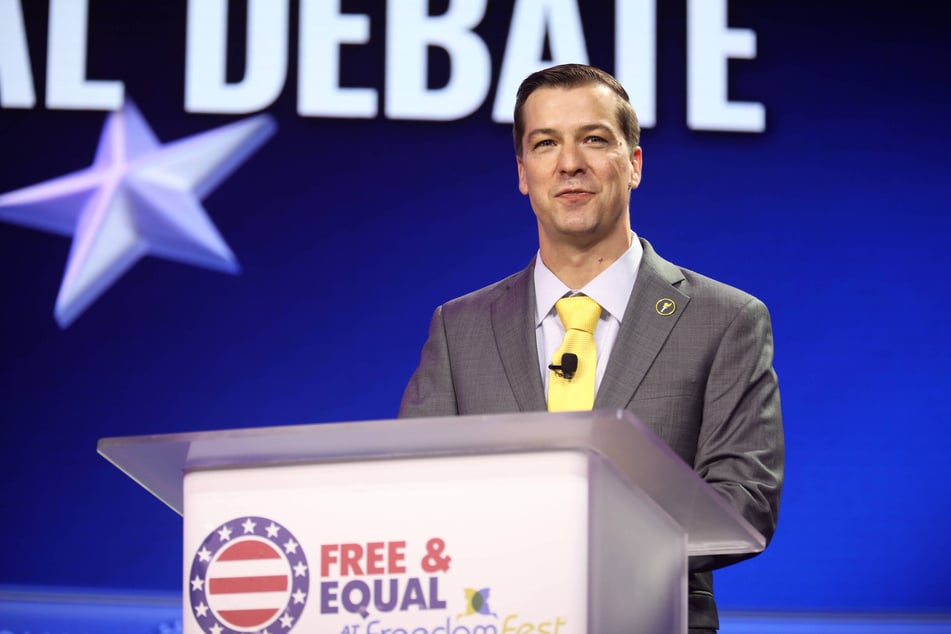
Libertarian presidential nominee Chase Oliver's platform calls for dismantling the prison-industrial complex and ending the war on drugs, the death penalty, federal mandatory minimum sentencing, and qualified immunity for police. He supports shifting the justice system's focus from punishment to rehabilitation.
The White House candidate has vowed to deschedule cannabis, remove federal laws criminalizing cannabis, and issue pardons to all people convicted only on non-violent drug offenses. He wants to decriminalize possession and use of all drugs.
Oliver's campaign did not respond to a request for comment on his position on reparations.
The general election for president takes place on November 5, 2024, with early voting already underway in some states.
Cover photo: IMAGO / ZUMA Press Wire

